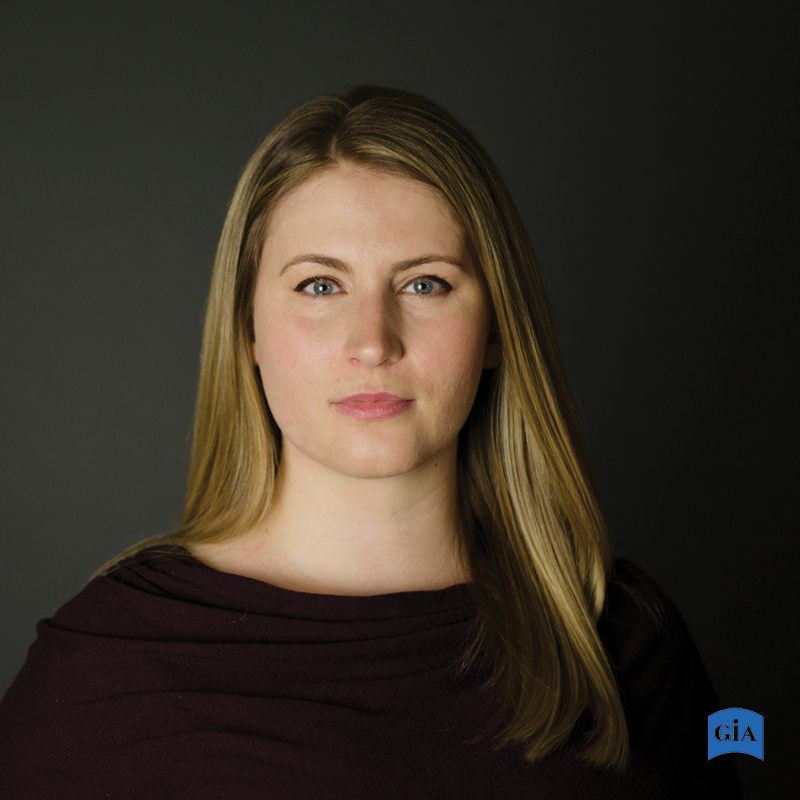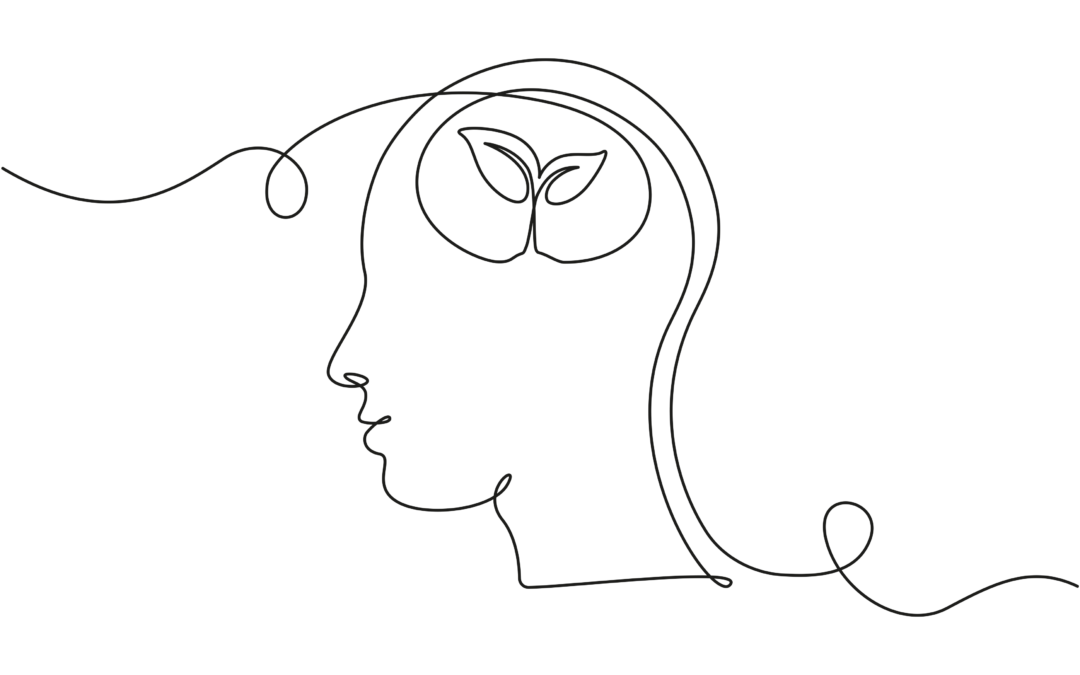This article originally appeared on in the GIA Quarterly, Volume 33, Issue 2 (Spring 2022)
Music Ministry and Mental Health
By Kate Williams
It took me a long time even to believe what was happening. With a new job, and brand new to the world of the sleepless nights of first-time parenthood, I was sure that it was just stress and exhaustion. And perhaps something fatal—I always seem to be pretty good at convincing myself that whatever lingering pain or discomfort I am experiencing is surely ushering me out of this world and onto the next.
But when the dizziness made it impossible to drive, impossible to be still, and when my heart started racing, taking a nose-dive into my belly whenever I’d try to rest, and my own diagnoses and attempts to “just breathe” or “eat clean” or “try yoga” didn’t work, I began a series of doctor’s visits and years-long testing to figure out what was wrong.
I wore a heart monitor for a while—my heart was fine. I saw a neurologist, who put me on a table that rotated upside down, looking for any red flags in blood pressure, breathing, obvious interruptions in brain activity—nothing. Occasionally along the way, a doctor or a nurse would begin to say, “It sounds like anxiety. Have you talked to a psychiatrist?” “No, couldn’t be that,” I’d say. “This is too physical to be all in my head.”
Eventually, I got so fed up with not being able to be fully present to my baby girl, so frustrated that my husband had to bear the brunt of the household and childcare duties, that I ventured into a “might as well try it” attitude and began a regimen of intense cognitive behavioral therapy coupled with a prescription medication.
Gradually, the world came back into focus. My energy returned. I could sleep again. I didn’t constantly feel like death’s shadow was inching closer.
I wasn’t dying after all, apparently. I had—have—a mental illness. My mind could not recover from postpartum depression on its own, and my body was sending me physical symptoms to sound the alarm bells.
I stay on a regular dose of anti-anxiety medicine, as the postpartum depression made its way into a full-blown anxiety disorder. Likely, this was complicated and amplified by a history of undiagnosed depression and anxiety, a lifelong baseline of sadness or fear onto which piled all the stresses of a new season of life. And while I had goals of reducing my dose, the past year and a half of life’s compounded grief had other plans. So I stay medicated, and I keep pursuing therapy. Some days feel like progress, some like regression. The trajectory is not a straight line.
End the stigma
I share all of this with you now because I know I’m not alone, but I see how our inability to talk about mental health in a constructive way is making many of us feel isolated in the prison of our diagnoses. Mental health struggles look different from person to person, so while no one’s journey looks the same as mine, none of us need be embarrassed by the realities and limitations of mortal bodies and minds. So many of us are in need of companions with the capacity to understand.
Mental illness doesn’t make me incompetent, helpless, fragile. It doesn’t mean I shouldn’t be held accountable for my actions, or that I deserve to be patronized when I succeed. It doesn’t diminish my contributions to the world. It certainly doesn’t make me any less beloved in the eyes of God, in whose image I am still fearfully and wonderfully made.
It means I need the help of skilled professionals and science to facilitate the best version of myself. I am fortunate enough to have access to both, though millions of people run up against the barriers of inadequate health care and societal stigma that make it impossible to get the help they need. American hyper-focus on individuality and independence sure falls short when we begin to realize how much we truly need each other to survive.
Some statistics show 20 to 25 percent of Americans struggle with mental illness, and the percentage is even greater in young people within the 18–25 demographic. This means there are definitely people in your choir, on your parish staff, and certainly in your congregation who are carrying this burden. It means that if we care about the next generation of our church, we’ll need to learn to make even greater space for what it means to be inclusive and welcoming to people with needs different from our own.
Therapy, prescription medicine, self-care
As I write this, we are now 20 months into a global pandemic. Nearly 750,000 Americans have died from COVID-19. The economy still lags, unemployment persists, and global supply chain disruptions mean people have even less access to goods and services. Our own liturgical music industry is still in early stages of a reckoning, insisting that we face our past failings, then examine and revise our standards of treatment of one another, especially the most vulnerable.
This season of life will maybe never be “over” in the way we’d like to think. We have years, perhaps a lifetime, of unpacking the compounded grief of this season ahead of us. Exhausted minds and bodies will continue to be so, particularly if we choose to run from the reality. We owe our children more than an apathetic inheritance of the generational trauma we risk passing on to them.
Therapy, prescription medicines, and self-care are valid, necessary means of assistance. Full stop.
Seeking any or all of them is not a weakness. In fact, there is a certain kind of courage and maturity needed to accept these as human needs. Therapy can be done alone, in a group, with a spiritual advisor, or with a psychiatrist. Prescription medicine is always taken in consultation with a licensed health professional. Self-care can be as simple as taking a break, a walk, a nap—whatever helps you to ground yourself, to acknowledge that your feelings are real, that you are valued, loved, good.
Boundaries
Those who know me well would raise an eyebrow to see me advocate for boundaries. I struggle to communicate where my own lines need to be drawn, sometimes because I like to pretend that I can do everything, all the time. Surprise: I cannot. Learning to say “no” or “enough” simply honors and respects myself in the way that I would hope to honor and respect any one of God’s children. Those who bristle when you communicate your boundaries need to examine how their words and actions cause injury: it doesn’t mean that you should avoid having a boundary.
Finally, I don’t know who needs to hear this, but: it’s okay to not be okay. You are enough. You are beloved, just as you are. Let’s keep trying to say the quiet parts loud. Let’s help each other find what we need to be, who we are meant to be, and set the world on fire with the radical love and acceptance of our Creator, who has decided that we are worth it. Full stop.

Kate Williams
Kate is the Vice President of Sacred Music at GIA Publications, Inc. She serves as workshop leader, consultant, and music minister in the Archdiocese of Chicago, following a passion to serve in multicultural, multigenerational communities.


This is such a worthy message…..my sister struggles as a bi-polar person who would rather not be one. Consequenty her life has ups and downs….more severe at times…..I will take your words of wisdom to share with her…..You are a brave and courageous woman….thank you so very much
Thank you for saying what so many of us could never say out loud. We ‘burn out’ or break down, or some other version, and feel like we’ve failed. On the contrary, we have been pushing through everything towards this fallacy: ‘if we just work hard enough then… ‘.
Rest and boundaries are essential in order to be healthy. Only then can we serve others.
(I have been working on this lately, too.). Grace to all.